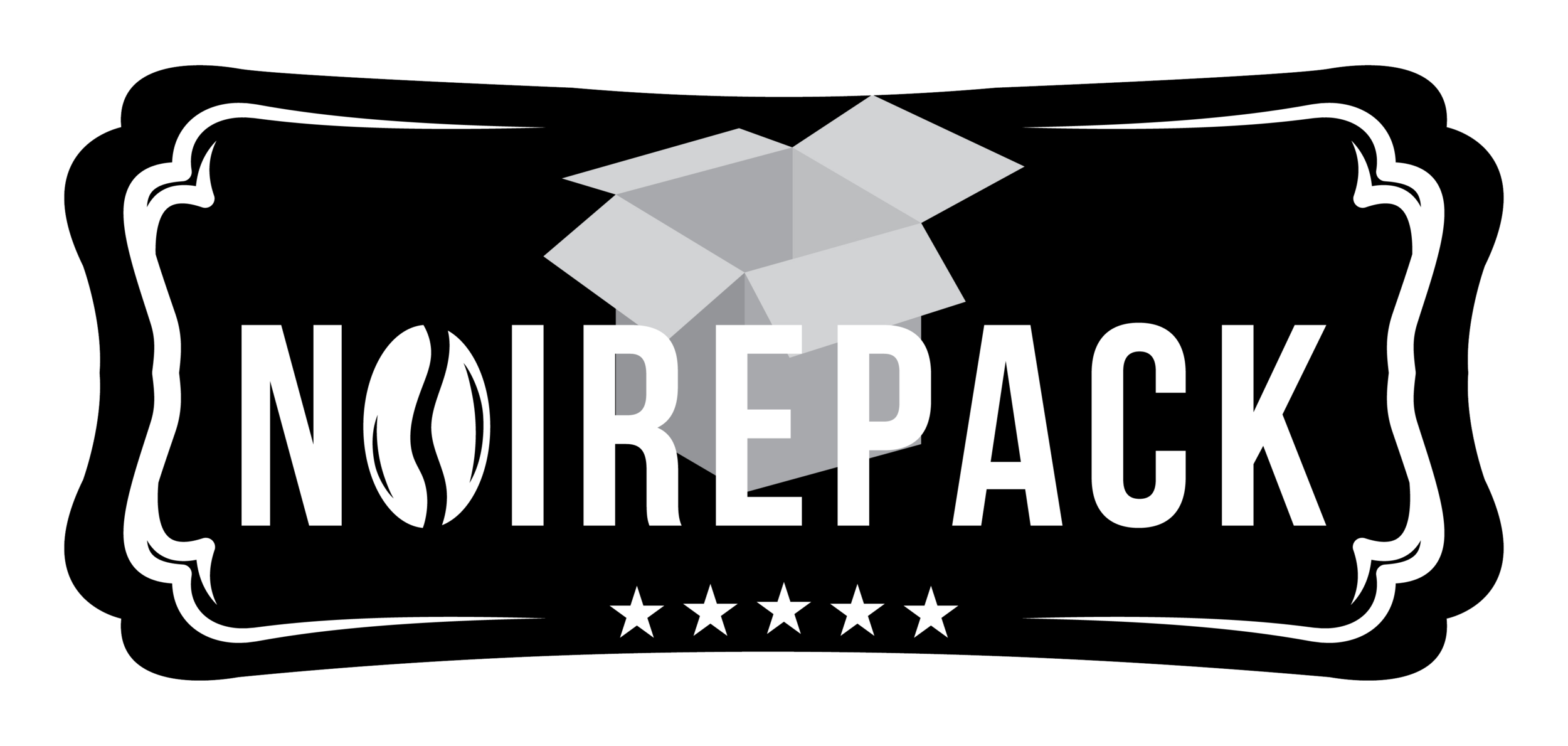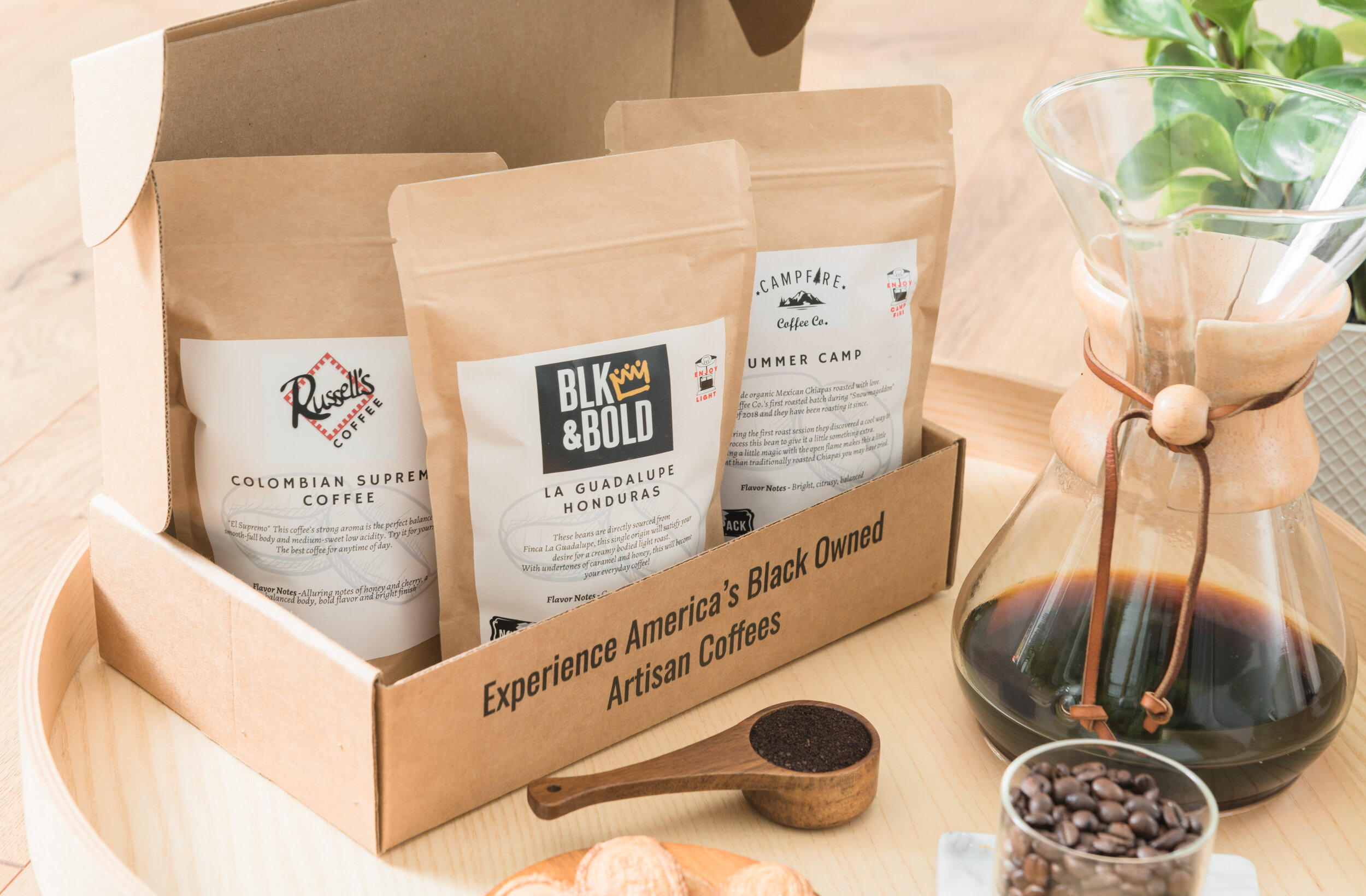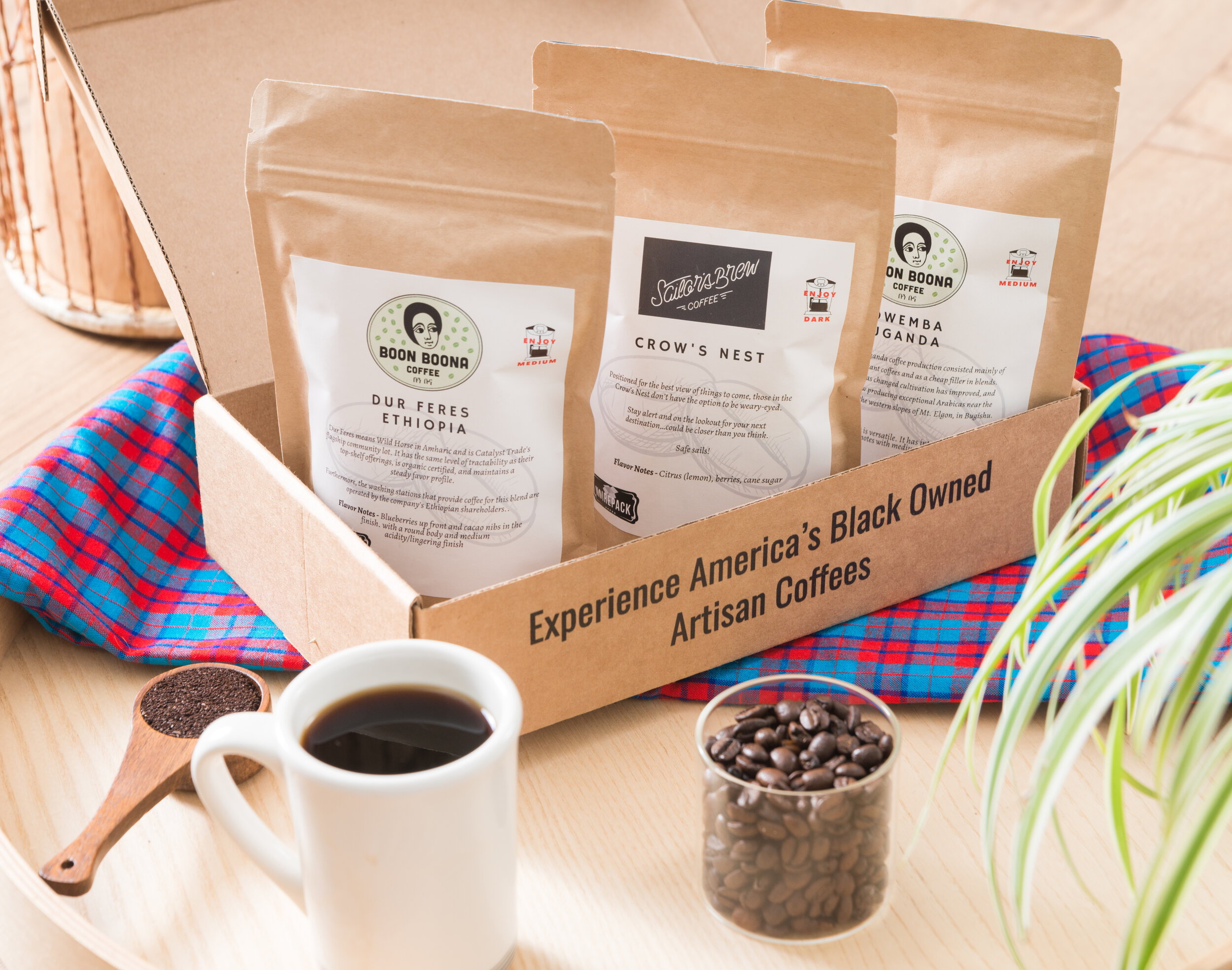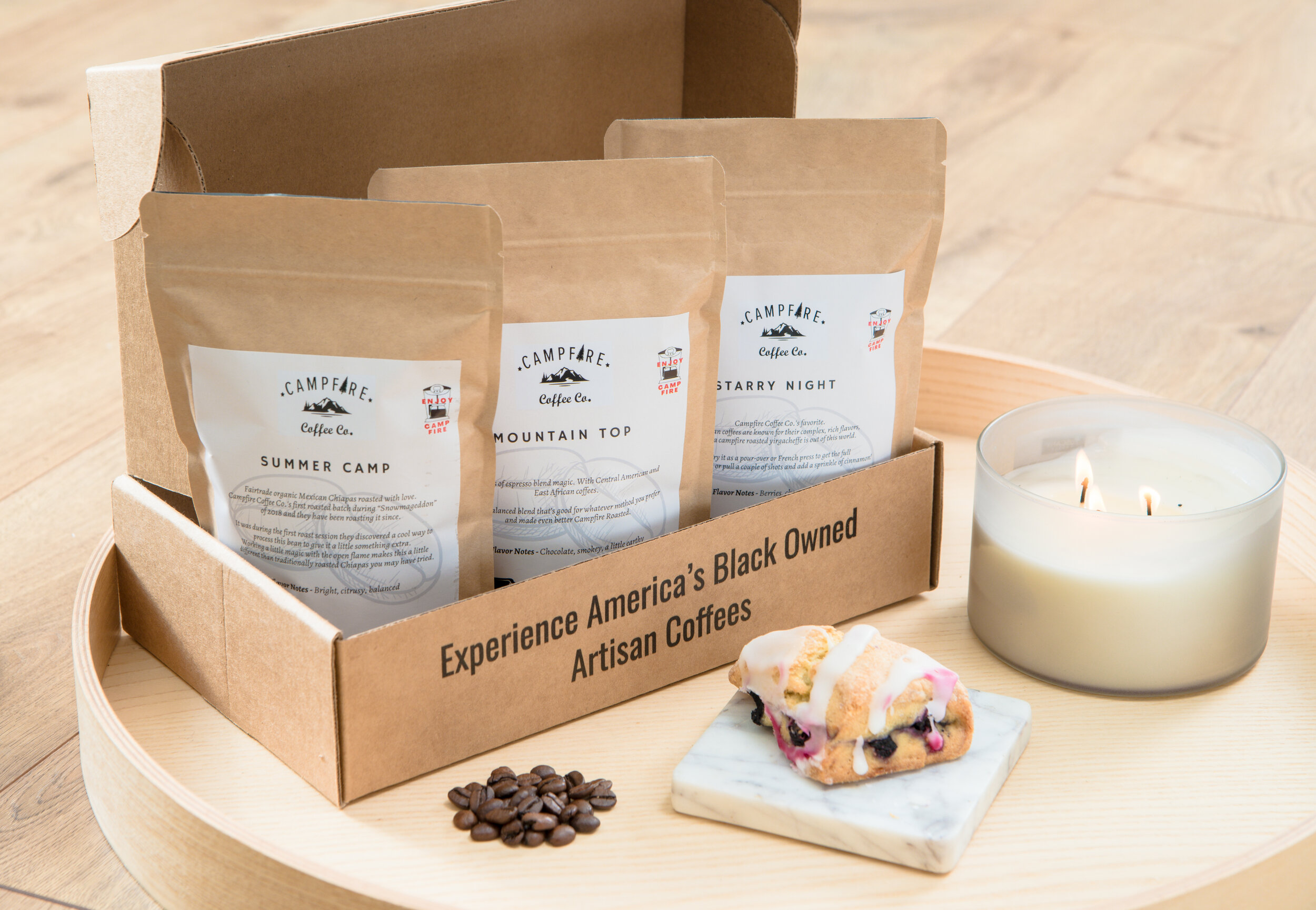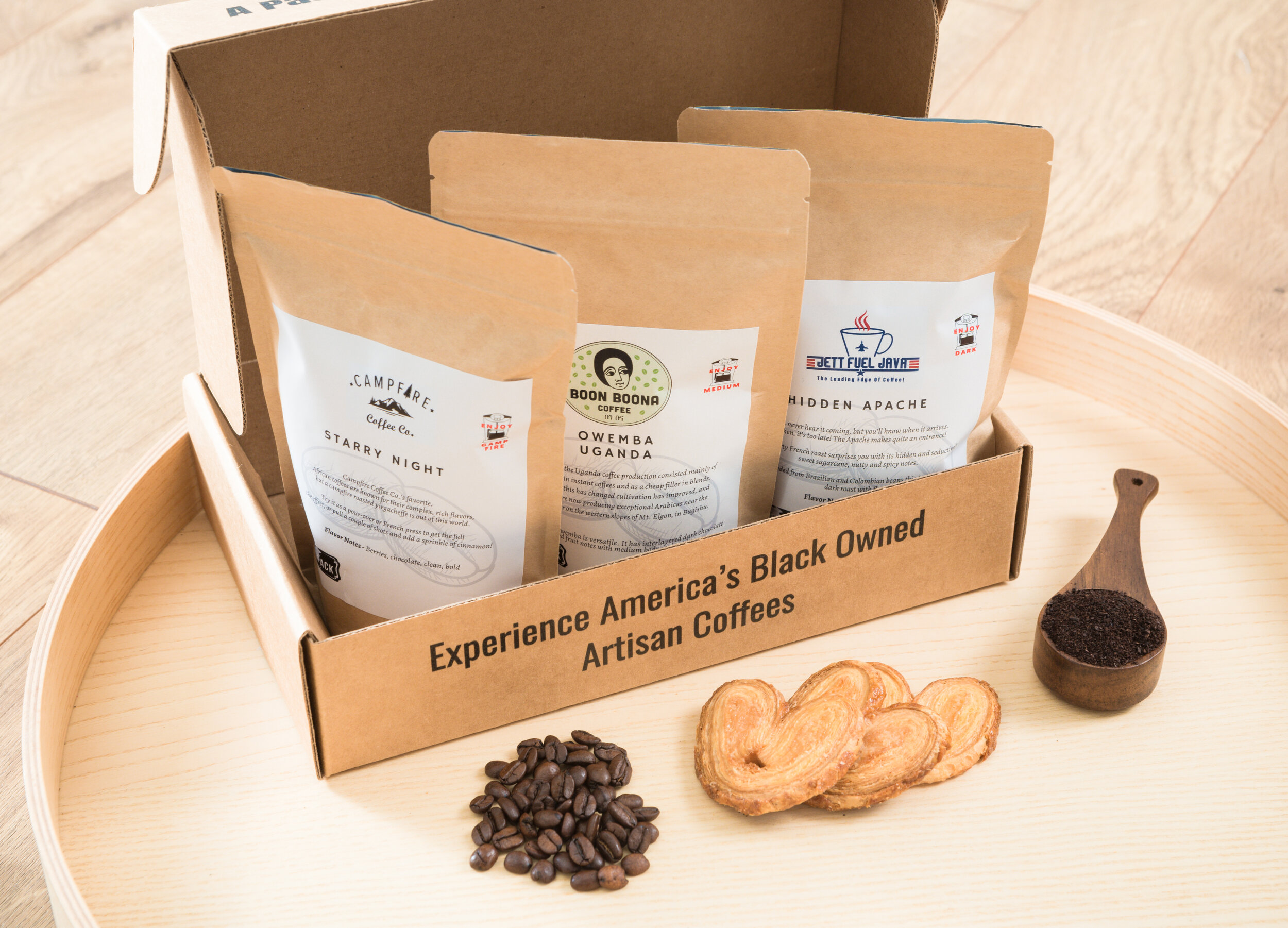Though overlooked, the coffee industry generates more revenue than the entire U.S. sports industry combined. We are talking gate revenues, media rights, sponsorships, and merchandising. Coffee in the U.S generates nearly 81,16 billion dollars and is expected to grow annually by 6.02% (CAGR 2021-2025). Even though the U.S. sports industry is anticipated to rise to 83.1 billion by 2023, it is unlikely it will reach coffee revenues.
More than 150 million Americans drink about 400 million cups of coffee per day or more than 140 billion cups per year. There are 37,274 branded coffee shops and coffee-oriented restaurants in the U.S. (World coffee portal). In relation to total population figures, per person revenues of US, $42.41 are generated in 2021.
The industry's mainstream coffee players include Starbucks -who recently sold their CPG (Customer Packed Goods) rights for 7.15 Billion dollars to Nestle, expanding their presence worldwide. Dunkin' and the German conglomerate JAB Holding Co. which owns a heavy portfolio Caribou Coffee, Peet's Coffee, Oregon's Stumptown Coffee, and majority ownership of Chicago coffee-based heavyweight Intelligentsia Coffee & Tea.
Hundreds of millions of people drink coffee regularly to start their day, a midday boost to get them through the remaining hours of their day, or even as a comfort drink.
Following the heavyweights are the specialty roasters "Underground", Blue Bottle Coffee, Verve, Onyx Coffee Lab, Counterculture, Black Rifle Coffee Company, Equal Exchange, Death Wish Coffee, to name a few.
Then, the Black-Owned coffee roasters and cafes, which consist of a small fraction of this coveted coffee market, are right below. Most would argue that there is a "disconnect," and sadly, there is. This disconnect is notably found in that though the coffee imported in the U.S. originates from people of color, there aren't nearly enough roasters and coffee shop owners who represent those backgrounds.
Black Owned coffee roasters and cafés are a "Shot in the Dark" a "Red Eye," an under-represented group unseen in this well-heeled industry. Black Owned coffee proprietors are, for lack of words, the M&M's of Hip Hop, the Darius Ruckers, or Aaron Nevilles of County Music. We must acknowledge that country music had its roots in Blues founded by Black Africans but somehow now excluded and non-participant. African Americans abandoned this genre of music due to the circumstances of the Great Migration to the North. Many Black folks left the banjo, country music, and so many other African traditions in the South for a new life elsewhere. Yet Black influence in country and bluegrass remained substantial in fundamental ways, most notably as a guiding force behind its brightest luminaries.
This disparity between Black and White coffee businesses lies in the obtainment of capital. But this is no surprise. Black entrepreneurs have always faced obstacles in accessing startup capital. Banks are twice as likely to provide business loans to White entrepreneurs than their Black counterparts. Conversely, they were also three times as likely to follow up with White applicants than with more qualified Black business owners. In 2014, 28.4% of Black entrepreneurs found that their profits were negatively impacted by their access to capital, while 22.6% were themselves negatively impacted by the actual cost of capital.
Housing, wealth building, and employment follow the same patterns. It's not been easy. We are talking about decades of redlining, segregation, and Jim Crowism. Fortunately, there is a silver lining to this. We are seeing a slight shift, a gradual change surrounding the current economic situation. George Floyd’s death last year and the following mass protests put a spotlight on Black-white inequality in all forms, including the challenges for Black-owned businesses.
American consumers have increasingly put their money where their mouth is, spending more at Black-owned businesses and restaurants. Many organizations and many Americans across the country support Black-Owned businesses. They agree that more needs to be done for Black Americans regarding opportunities for meaningful savings, property ownership, credit building, and generational wealth.
At NoirePack Inc., we believe that when small Black-Owned businesses flourish, so do our communities. This coveted Arabica plant can generate jobs and business ventures that may uplift and foster pride in our communities.
Like Barbershops that used to be the cornerstone in Black Communities, coffee business ventures can bring real change in many underrepresented communities across this nation not only by generating jobs but by also fostering a sense of pride in the people that live there.
